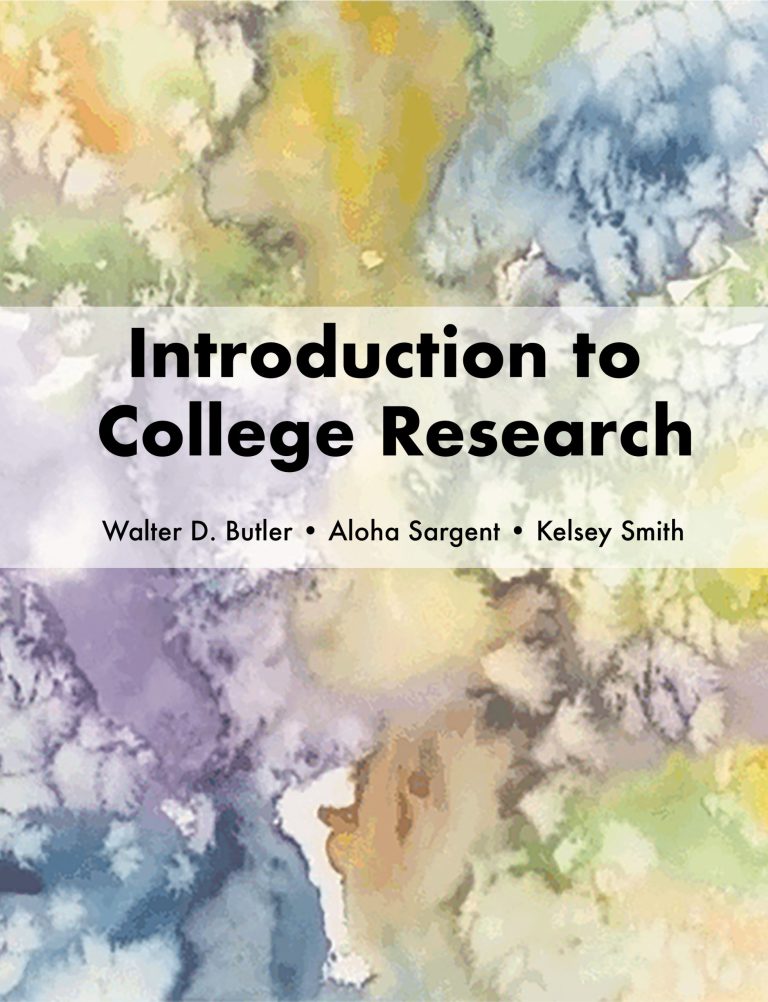If you are not familiar with scholarly publications, it can be difficult to tell the difference between scholarly and popular periodicals. There are no definitive rules for distinguishing between the two, but here are some guidelines:
Scholarly (e.g., academic journals):
- Are written by professionals within an academic field or discipline.
- Contain research projects, methodology, and theory.
- Have few, if any, advertisements.
- Use college-level or specialized vocabulary of the discipline.
- Include articles with extensive bibliographies, footnotes, or other documentation.
- Graphics are often tables, charts, and diagrams.
- Are peer-reviewed or refereed.
- A simple explanation of peer-review: other scholars in the field have evaluated a work. Check a journal's website to see what it says about the peer-review or referee process. See this page, for example.
- NOTE: Even though many databases allow you to limit to scholarly articles, it's not a guarantee that every article so limited will actually be a peer-reviewed research article. Peer-reviewed journals also contain non peer-reviewed content such as book reviews and editorials.
Popular (e.g., magazines, newspapers):
- Are written by journalists.
- Contain general news articles written to inform, update, or introduce a new issue.
- Have many full-color, full-page advertisements.
- Use a general, non-technical vocabulary.
- Include articles with little or no documentation.
- Graphics are often full-color pictures and illustrations.
See this page for more information.


